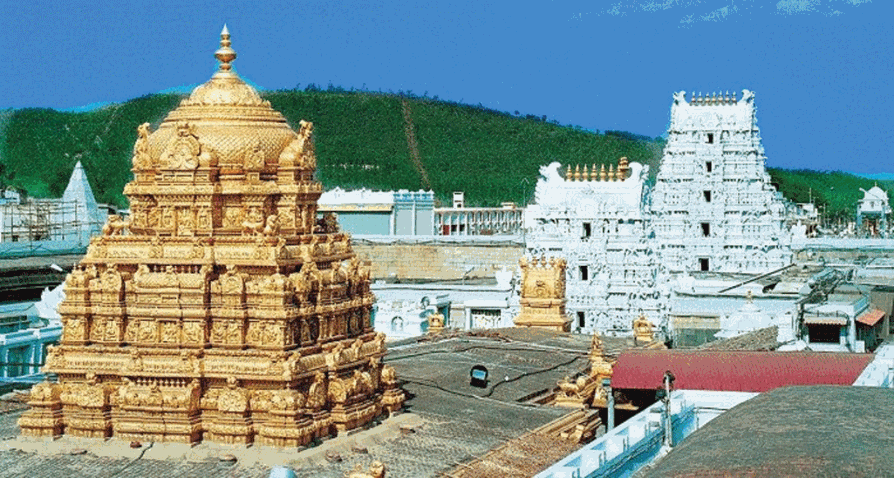
Not feasible for court to rule on Tirupati temple sevas: Supreme Court
“Can we interfere in the rituals of a temple? How to break a coconut or how to do aarti?” asks SC in case against ‘wrongful’ rituals

“A constitutional court cannot look into the day-to-day affairs of a temple,” the Supreme Court ruled on Tuesday in case filed by a devotee alleging ‘wrongful and irregular’ procedure at the Sri Venkateswara temple in Tirupati. “Can we interfere in the rituals of a temple? How to break a coconut or how to do aarti?” it asked.
Yet, the temple administration owes a proper response to devotee Srivari Dadaa, the appellant in the case, and should respond within eight weeks, said an SC bench of Chief Justice NV Ramana and Justices Surya Kant and Hima Kohli. “It is your duty to clarify it. You don’t have a free pass,” the bench told the Tirumala Tirupati Devasthanam (TTD), which runs the temple. If the appellant still had a grievance, he could approach an appropriate forum, rather than a constitutional court, it added.
Also read: Delhi’s air quality may slip to ‘severe’ category by nightfall
The SC was hearing an appeal that challenged an Andhra Pradesh High Court order in the case. The High Court, in January, had rejected the devotee’s plea that alleged rituals at the hill temple were not followed correctly.
What the devotee objected to
In his filing, Dadaa, stated to be a ‘temple researcher’, had said special pujas, sevas and darshans are not being practiced according to the Agama Shastra at Tirupati. He particularly objected to how the Vahana Seva was being performed during the Brahmotsavam festival that is held annually. If COVID restrictions prevented an extensive procession, the ritual should be cancelled, and not altered per TTD’s convenience, he argued.
Further, he said, devotees were not being allowed beyond a certain point at the temple. From where they stood, they could not have a pada darshan (a viewing of the deity’s feet), and that was not acceptable according to the Agama Shastra, he maintained. Also, he said, the milk abhishekam (anointing the deity) was not accurate.
TTD’s exclusive domain
“This court cannot entertain this under a writ,” said the SC bench. “Apart from pooja, if the administration is ignoring rules and regulations or indulging any other violation of arrangements, those are the only areas where we can ask TTD to clarify the issues raised by the petitioner or any other devotee. Other than this, if we start interfering in sevas, then it will not be feasible.”
The Andhra Pradesh High Court had had similar opinions in its ruling. “The procedure of conducting rituals is the exclusive domain of the Devasthanam and cannot be a matter of adjudication unless it impacts the secular or civil rights of others,” it had said.
Since TTD cannot be said to be “discharging public duties” when it came to conducting rituals, its activities are not “amenable to writ jurisdiction at the behest of an outsider”, the High Court observed.


